Search Images
Browse Content (p. 103)
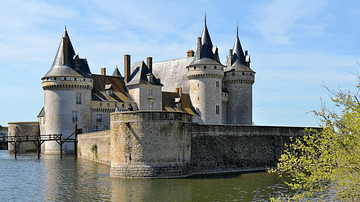
Image
Château de Sully-sur-Loire
Château de Sully-sur-Loire situated in the commune of Sully-sur-Loire, Loiret, France. From 1395 to the present day, the history of the Château de Sully has been an eventful one, and its architecture has undergone many changes over the centuries...
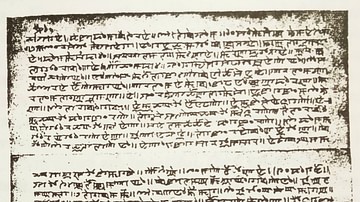
Image
Numit Kappa
Numit Kappa, a classical Meitei language text of ancient Kangleipak (early Manipur), written in archaic Meetei script, illustration from page 128 of The Meitheis by T. C. Hodson, London, 1908.
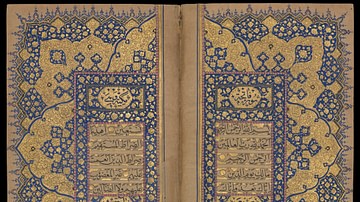
Image
Qur'an Manuscript
Qur'an Manuscript, ink, gold, and lapis on paper, with leather binding, India, Kashmir, late 18th–early 19th century.
Metropolitan Museum of Art, New York.
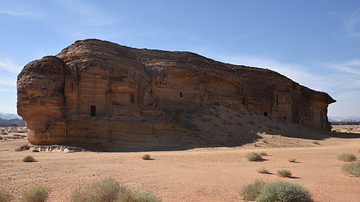
Image
Jabal al-Ahmar Necropolis in Hegra
The Jabal al-Ahmar Necropolis in Hegra (Mada'in Salih) in modern-day Saudi Arabia is one of the four necropolis areas to have survived. It contains 18 tombs, some of which were recently uncovered. The remains of a 2,000-year-old Nabatean...
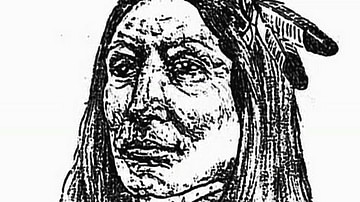
Image
Crazy Horse
A sketch of Crazy Horse (Tasunke Witko, l. c. 1840-1877), the Oglala Lakota Sioux warrior and hero. Crazy Horse refused to be photographed – there are no known photos of him – but this sketch is supposed to bear a close resemblance to him.
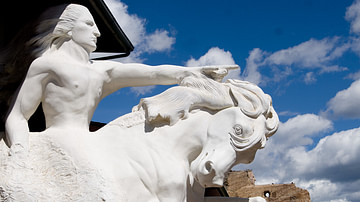
Image
Crazy Horse Sculpture
Crazy Horse Sculpture by Polish-American artist Korczak Ziółkowski (l. 1908-1982), the model for his large-scale Crazy Horse Memorial in the Black Hills.
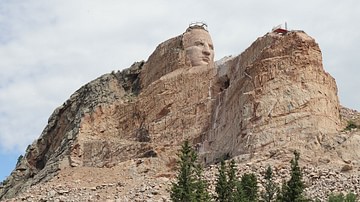
Image
Crazy Horse Memorial
The Crazy Horse Memorial, Black Hills, South Dakota, USA. Begun in 1948 by Polish-American artist Korczak Ziolkowski and continued by his family, the work is still in progress.
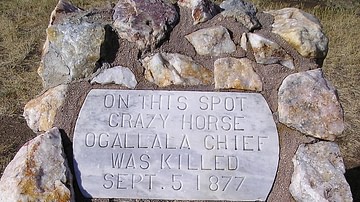
Image
Crazy Horse Monument
A monument honoring the death site of Crazy Horse (l. c. 1840-1877), Fort Robinson, Nebraska, USA.
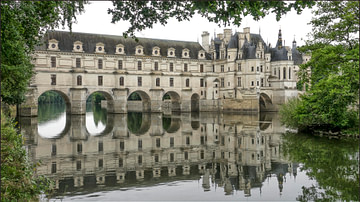
Image
Château de Chenonceau, France
Château de Chenonceau, Indre-et-Loire, France. The château was built from the 12th to the 16th century.
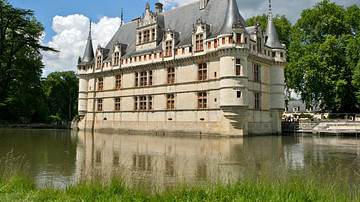
Image
Château d'Azay-le-Rideau
Château d'Azay-le-Rideau, Indre-et-Loire, France. First constructed in the 12th century, it developed into its present form in the 19th century.